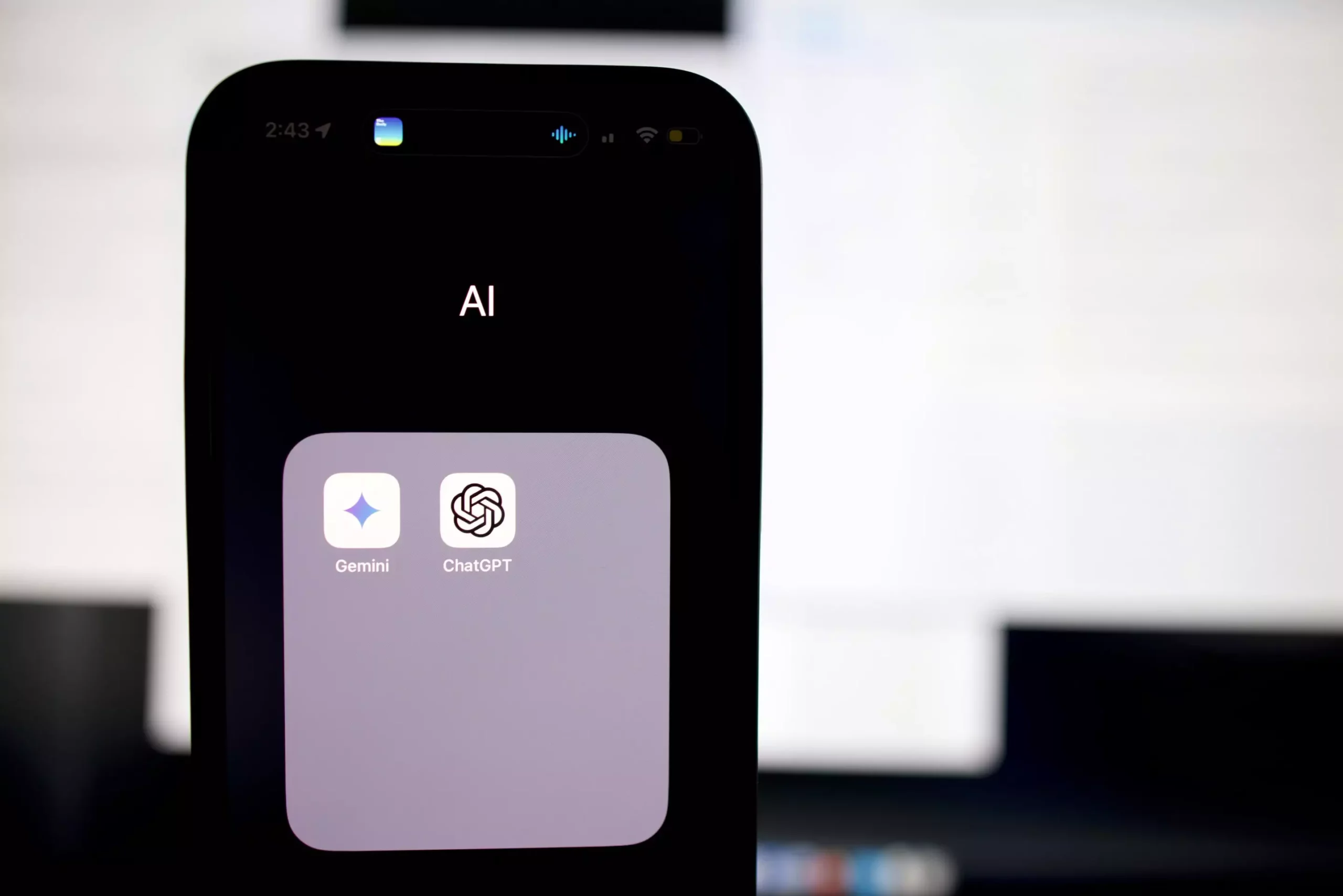Artificial Intelligence (AI) has been hailed as the technology of the future, with promises of increased efficiency and productivity. However, the recent release of voluntary AI safety standards by the Australian government has brought to light the darker side of this fast-growing technology. While the federal Minister for Industry and Science, Ed Husic, emphasizes the need to build trust in AI, the question remains: why do we need to trust a technology that is riddled with errors and biases?
AI systems are trained on vast data sets using complex algorithms that most people cannot comprehend. The results they produce are often unverifiable and unreliable, leading to a high level of public distrust. Even flagship AI systems like ChatGPT and Google’s Gemini chatbot have shown to be error-prone, with recommendations like putting glue on pizza. This lack of accuracy and reliability raises serious concerns about the need for blind trust in AI.
The Dangers of Blind Adoption
The push for greater adoption of AI raises alarm bells about the potential dangers it poses. From autonomous vehicles hitting pedestrians to AI recruitment systems exhibiting bias against women, the harms of AI are far-reaching and diverse. The risk of private data leakage is also a significant concern, as AI tools collect vast amounts of personal information without clear transparency or security measures.
The Australian government’s proposed Trust Exchange program, supported by major technology companies like Google, has sparked fears of mass surveillance and data exploitation. The power of AI to influence politics and behavior further underscores the need for stricter regulation and oversight. Blindly encouraging more people to use AI without proper education and awareness could lead to a society controlled by automated surveillance and manipulation.
The Call for Regulation
While the Australian government’s move towards greater regulation of AI is a step in the right direction, the emphasis on promoting its use is misguided. The focus should be on protecting citizens from the potential risks and harms of AI, rather than forcing its adoption. The International Organization for Standardization’s AI management standard offers a comprehensive framework for responsible AI use, which should be the cornerstone of the government’s approach to AI regulation.
Blind trust in AI can have disastrous consequences for society. As we navigate the complex terrain of artificial intelligence, it is essential to approach its use with caution, skepticism, and a critical eye. Emphasizing the need for regulation and oversight, rather than blind faith, is crucial in ensuring that AI serves the best interests of society as a whole.

